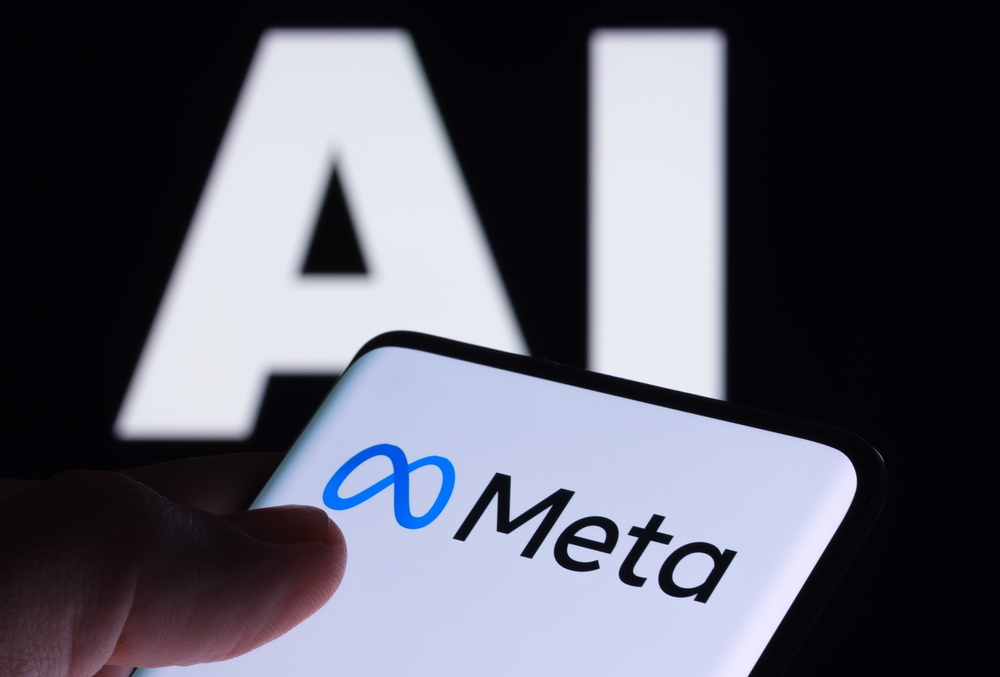Key Insights:
- Meta’s AI Chief, Yann LeCun, offers a measured view on AGI, challenging the rapid progress predicted by other industry leaders.
- LeCun’s skepticism about the immediate impact of quantum computing highlights a preference for current classical computing methods.
- In contrast to Nvidia’s ambitious AI timeline, LeCun suggests significant advancements in human-level AI may take decades to materialize.
In a world rapidly advancing towards technological marvels, Yann LeCun, the AI chief at Meta, presents a sobering view on the progression of Artificial General Intelligence (AGI) and quantum computing. At a recent Meta media event, marking a decade of its Fundamental AI Research team’s existence, LeCun shared insights that suggest a more gradual approach to these technologies, contrasting sharply with some industry leaders’ ambitious predictions.
The Long Road to AGI: A Realistic Timeline
LeCun’s perspective on AGI, a form of AI envisioned to perform any intellectual task that a human being can, is notably cautious. He argues that creating AGI systems that could surpass human capabilities in economically valuable tasks is not an imminent reality. This sentiment aligns with Microsoft president Brad Smith’s view, who also believes that AGI will not be a reality in the near future, possibly taking decades to materialize.
This cautious stance starkly contrasts the optimism of Nvidia CEO Jensen Huang, who predicts that AI will outperform humans in various mentally intensive tasks within five years. LeCun, however, suggests that such predictions may be overly optimistic, noting that Nvidia could benefit significantly from a surge in AI development. He proposes a more measured timeline, foreseeing the emergence of AI with capabilities akin to cats or dogs before any leap toward human-level intelligence.
Quantum Computing: A Skeptical Approach
Besides his views on AGI, LeCun also casts doubt on the immediate practicality of quantum computing. Despite the enthusiasm surrounding quantum computing’s potential in fields like drug discovery, LeCun remains unconvinced of its near-term impact. He argues that classical computers can efficiently tackle many of the challenges quantum computers aim to solve.
Meta’s reluctance to invest heavily in quantum computing, as opposed to tech giants like Microsoft, IBM, and Google, reflects this skepticism. LeCun acknowledges the intrigue surrounding quantum computing but questions its practical relevance and the feasibility of creating truly useful quantum machines.
Echoing LeCun’s sentiments, former Meta tech chief Mike Schroepfer shares similar reservations. Although Schroepfer believes in the eventual development of practical quantum machines, he remains uncertain about the timeline, deeming it too distant to impact Meta’s current operations significantly.
